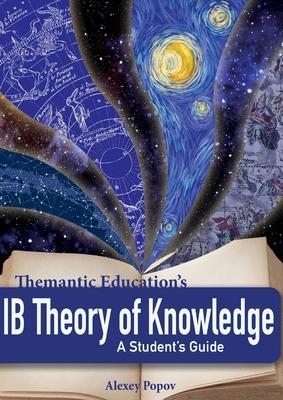Our brand new textbook for TOK's new syllabus is organized around key knowledge concepts. Each lesson covers one concept. If you use 100 lessons from this book, you will have covered 100 concepts. These are all knowledge concepts that form the foundation of critical thinking in TOK: bias, justification, understanding, evidence, doubt and many others. These knowledge concepts naturally become building blocks of higher-order thinking skills.
Areas of knowledge are all addressed throughout the course and in comparison rather than separately. Instead of teaching 10 hours of Natural Sciences followed by 10 hours of History (and so on), we teach, for example, the concept of bias and look at how bias takes different forms in different areas of knowledge. Such organization of the course is much more holistic and more in line with the IB recommendations.
The IB-recommended themes are integrated with areas of knowledge. Instead of teaching the themes "Knowledge and language" and "Knowledge and technology" separately from the rest of the course, you will be teaching areas of knowledge through these themes.
Such organization makes the course holistic and allows you to overcome the artificial division of knowledge into themes, areas of knowledge and so on. With this in mind, we still cover all the aspects of the knowledge framework in every lesson.
